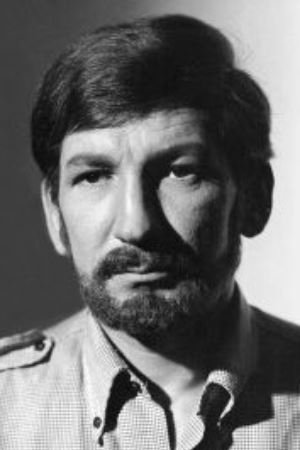
One hundred years after the invention of film, Croatian film icon Mr. Fulir, who serves as the author’s alter-ego, comes up with the Faustian idea to bring back his youth. With a group of famous actors, he enthusiastically attempts to remake lost Croatian films from the silent era.
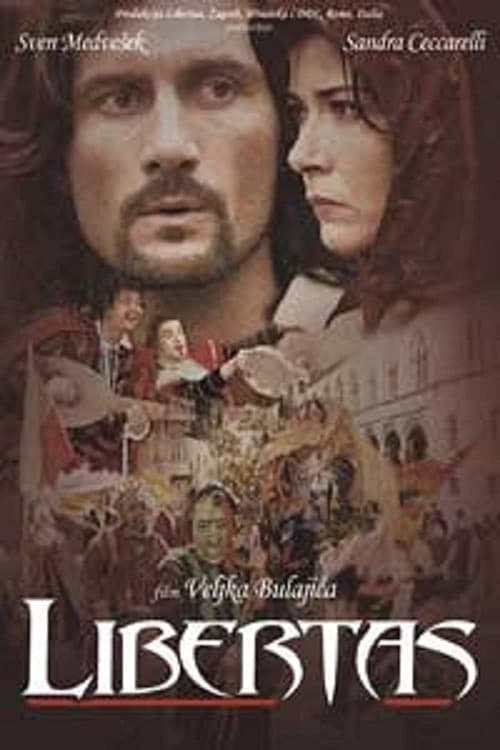
The film is set in mid-16th century, at a time when the entire eastern Mediterranean is dominated by two great empires, the Ottoman Empire and the Republic of Venice, with the small but wealthy maritime republic of Ragusa (modern-day Dubrovnik) managing to maintain its independence through diplomatic agreements.
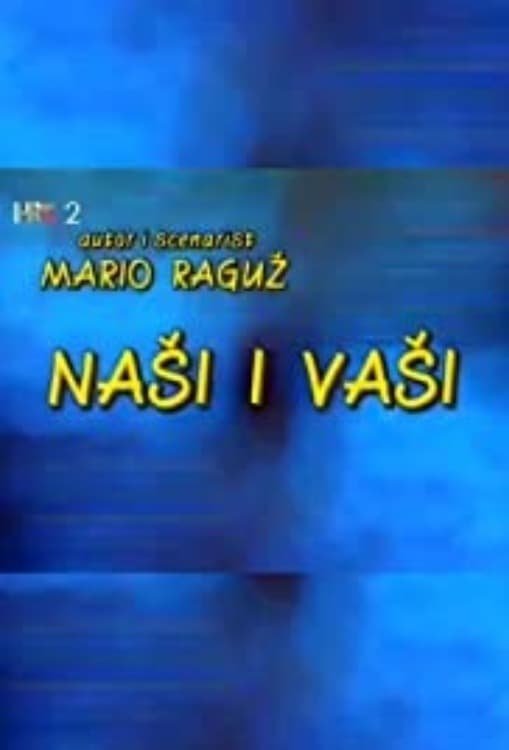
While expecting their child, a student couple announce to their parents that they will marry. Both sets of parents are against it, but when the proposal takes place, the things take unexpected turn.
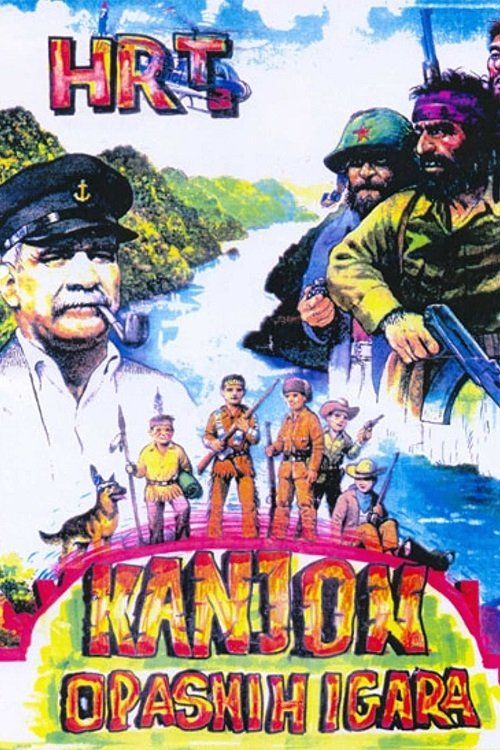
A German family Keller arrives to the coastal village to spend summer holidays with their Croatian friends. Horst Keller and Roger Katushic were friends ever since Karl May's film adaptations took place there. Their children were friends for years, too, and they look forward to the reunion. Fantasizing about free life and "cowboys & Indians" adventures in the canyon of the Cetina river, the boys go there without knowing that the three cruel Chetniks who had just escaped from prison hide there.
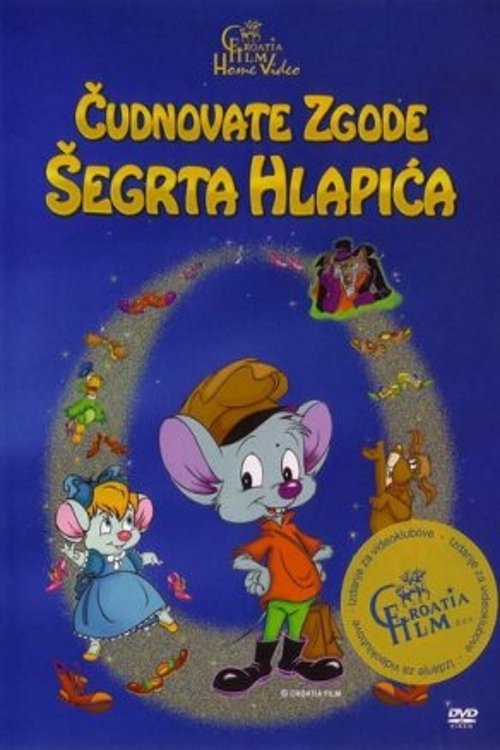
Fed up with the harsh treatment his master has given him, a brave little mouse (and later his dog, Brewster) sets off on an adventure.
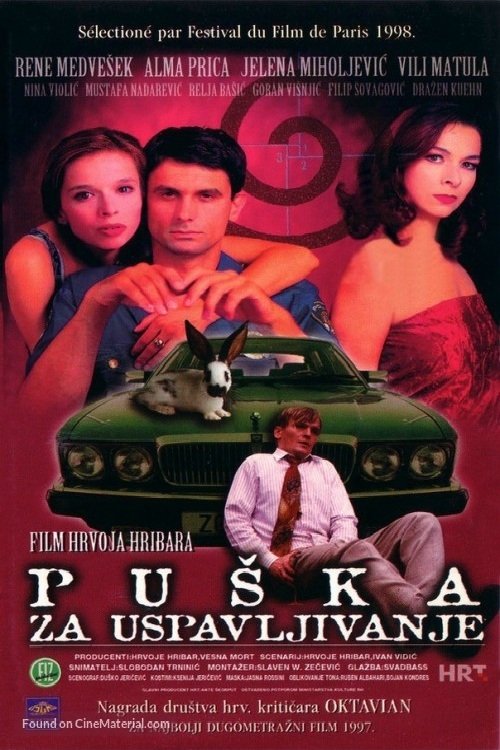
Janko, a police officer/veteran of the war, who is suffering from insomnia caused by post-traumatic stress disorder, now works as a guard in front of the Russian embassy in Zagreb. Having abandoned his former paramour, the daughter of his police chief, he marries a kleptomaniacal hairdresser named Nana, whom he once caught in the act of picking pockets. He then embarks on an affair with the beautiful Marta, the widow of the war profiteer Dragutin Karlo Stajner, who has left behind him a bankrupted firm, a worthless limousine, several bastards, and at least one angry woman. While Janko and Marta persistently try to divvy up what loot remains before any number of others can claim it, Karlo unexpectedly turns up alive and jumps into the middle of a fray between Marta; Karlo's lover, Julija, a Czech bar-singer; and Julija's husband Vlado, a former henchman of Karlo's who is now trying to lay claim to Stajner's limo.
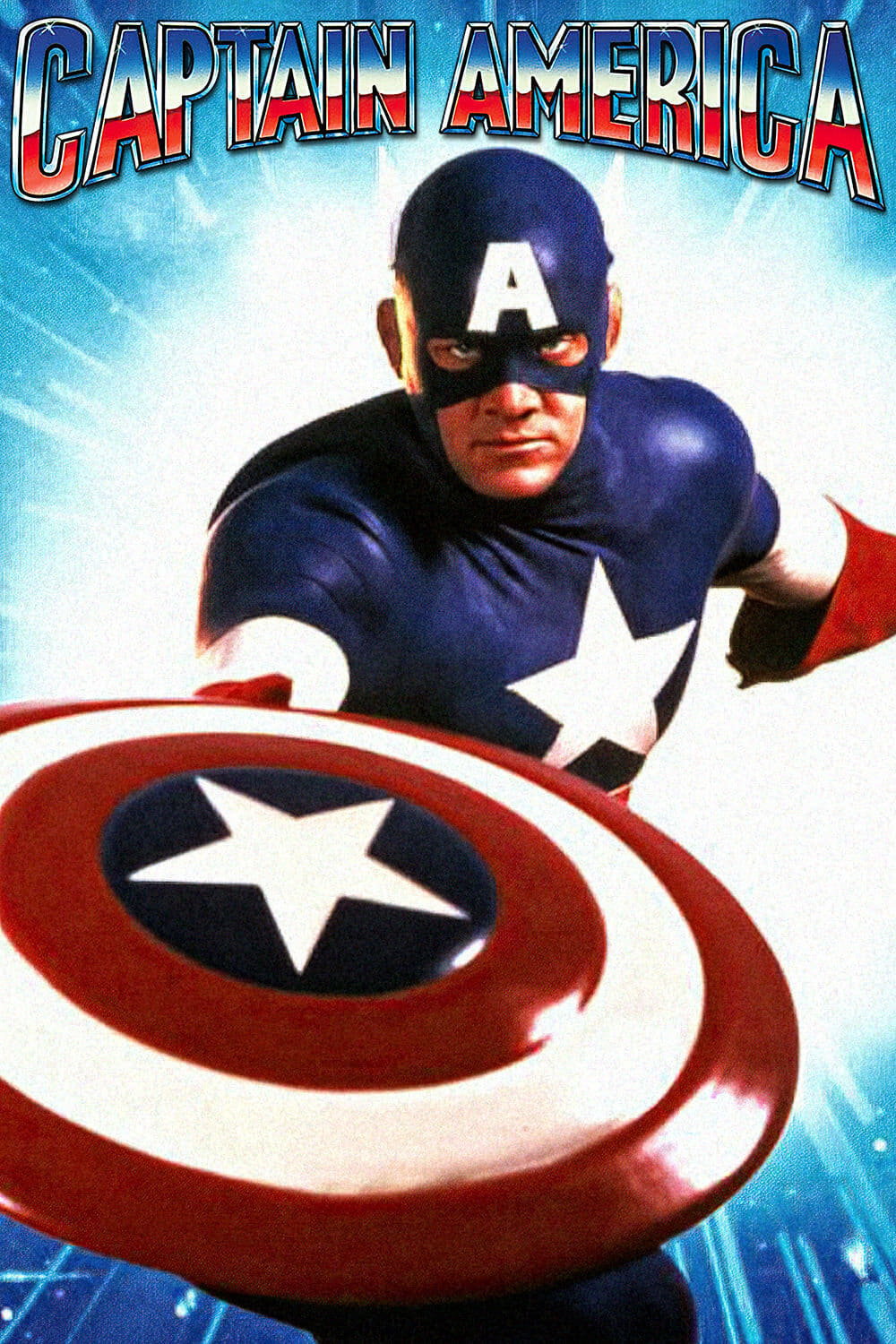
During World War II, a brave, patriotic American Soldier undergoes experiments to become a new supersoldier, "Captain America". Racing to Germany to sabotage the rockets of Nazi baddie "Red Skull", Captain America winds up frozen until the 1990s. He reawakens to find that the Red Skull has changed identities and is now planning to kidnap the President of the United States.
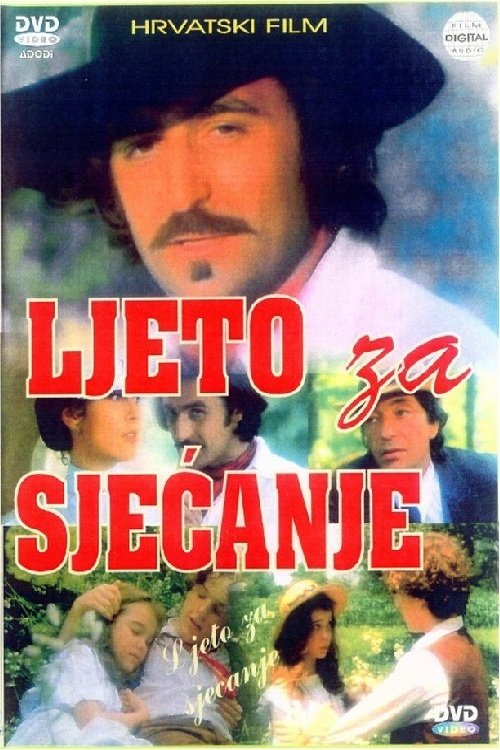
Zagreb, Yugoslavia in 1890. A group of high-school students run away on an adventure that ends in scandal. The ringleader, Gusta, is expelled from school and sent to stay with his uncle in rural Turopolje. Here, a totally new world opens up to him, where the internal tragedies of the people are played out against the castle of Brezovica and a small town of wooden-framed houses. People end up in this idyllic exile because of some previous "sin" and try then to make the best of their lives there. But memories of the outside world impinge on their happiness.
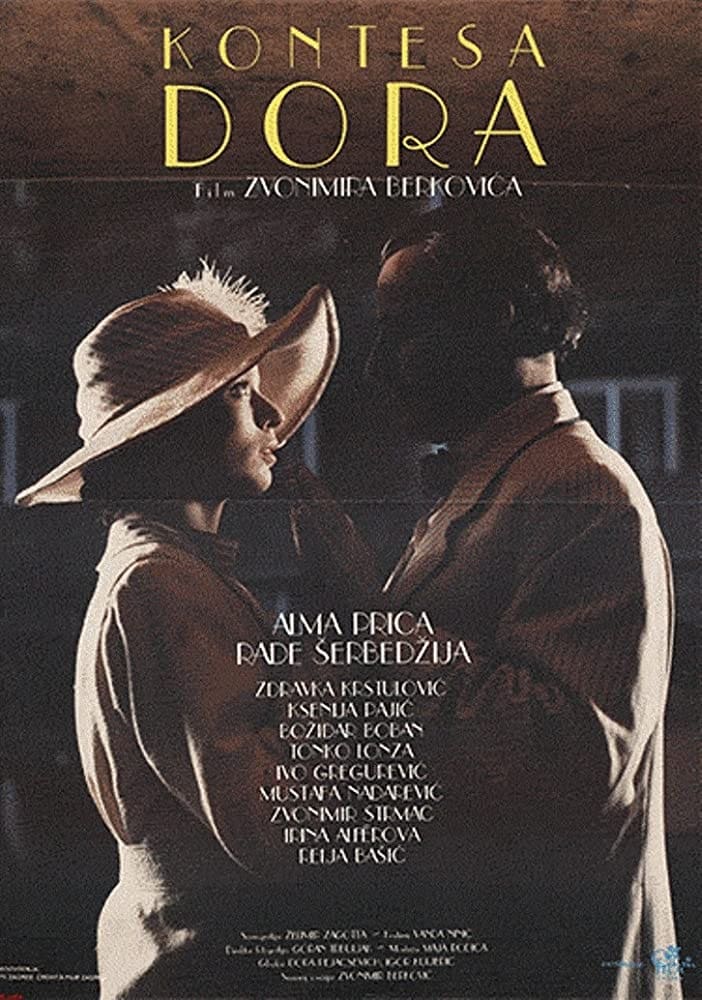
A pseudo biography of Dora Pejačević (10 September 1885 - 5 March 1923), a Croatian composer.
From Wikipedia, the free encyclopedia Relja Bašić (14 February 1930 – 7 April 2017) was a Croatian actor, one of the most prolific and versatile Croatian actors with a career which lasted for more than half a century. He first appeared on screen in 1954 classic film Koncert. Through the decades, he played many different roles in many different films, often in international co-productions. He never became a star, but remained one of the most recognisable and dependable character actors. His specialty were the roles of suave aristocratic villains, especially in historic films dealing with World War II, but his best remembered role is Mr. Fulir in 1970 cult musical comedy Tko pjeva zlo ne misli. In the 1990s, Relja Bašić was an enthusiastic supporter of the Croatian Social Liberal Party. During 1992 parliamentary elections he appeared as that party's candidate in one of Zagreb constituencies. He lost that race to Nedjeljko Mihanović of HDZ in controversial circumstances. A few months later, on elections for upper House of Croatian Parliament, he won the seat representing City of Zagreb. Relja Bašić also acts as a UNESCO Artist for Peace. Bašić, several years earlier from his death, suffered from a femur fracture and as a result it restrained his movement. Bašić died on 7 April 2017 in Zagreb, Croatia. Description above from the Wikipedia article Relja Bašić, licensed under CC-BY-SA, full list of contributors on Wikipedia.
By browsing this website, you accept our cookies policy.